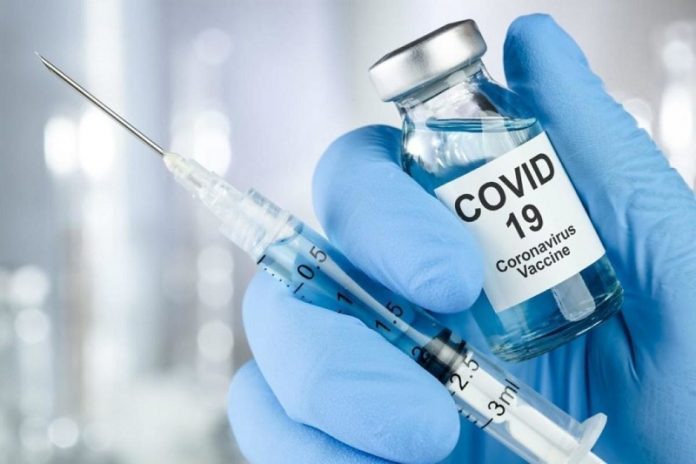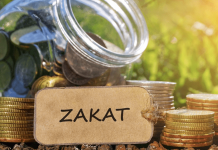The world has surpassed 61 million Coronavirus cases and 1.4 million deaths. Ever since the disease emerged in Wuhan, China and Chinese scientist decoded the genome sequence of the virus in early 2020. Since then, pharmaceutical companies around the world have been pursuing two options: (1) a cure and (2) a vaccine.
It is generally well known that viral diseases have no cure. One can only treat the symptoms such as fever and headache. Fatalities occur when the symptoms develop to such an extent that heart attacks or pneumonia occur. Scientists have been trying with limited success to find drugs that can address the symptoms and send patients back home from hospitals. So far, only a few drugs and drug ‘cocktails’ including Remdisivir have shown some success.
Developing a vaccine is a far more sensible approach, given that it can slow down infections in the first place. One theory is that the virus will literally have nowhere to hide if at least 80% of the population is vaccinated and immunized against the virus. There are two aims—preventing infection at individual level and a wider spread in the society.
Vaccines prevent millions of deaths every year, from a range of diseases. Vaccination is the best possible answer to viral diseases. But developing vaccines is no easy task. It generally takes years to develop a vaccine and bring it to the market. But a combination of factors has helped ramp up research and development of Covid-19 vaccines, from the emergence of new vaccine technologies to massive funding by Western and Eastern Governments.
So far, there are 5 promising vaccines—2 developed by US-based companies (Pfizer and Moderna), one by Oxford University/Astra Zeneca and 2 others by Russia (SputnikV) and China (Sinovac). All 5 vaccines are likely to be available soon world wide, despite the fact that there are several others too in the trial stage. Both Moderna and Pfizer have committed to producing a combined total of 2.3 billion dozes next year. But herein lies the challenge. Delivering vaccines for people is a huge logistical challenge and many developing countries might not have the facilities to handle at least some of the vaccines.
Take for example, the Pfizer/BioNTevh vaccine candidate, which needs to be stored at -70 Celsius. While Pfizer has developed special boxes for transport, not many countries have the cold chain facilities needed for this kind of sensitive cargo. Moderna’s vaccine candidate is a better alternative as it can be kept at -20 Celsius, which many commercially available freezers can reach. Even so, it is doubtful whether rural hospitals in developing countries have such medical grade freezers.
As for Mauritius, the country is, according to the government, is a vaccination and immunization success story. Although Mauritius is governmentally considered as a Covid-19 free zone, many people are still reluctant to take the challenge of such vaccination. Thus, it comes as no surprise that Mauritius is already making plans to provide Covid-19 vaccine to its citizens.
We have learned that health authorities are in discussions with Covax, the global United Nations and World Health Organization (WHO) – led procurement facility for vaccines to purchase Covid-19 vaccines. It is rumored that the government of Mauritius is making efforts to make the Covid-19 vaccine available to 20% of Mauritian population.
The target groups that will be vaccinated are the front liners. These vaccines are very costly. Just for comparison, Pfizer will price a dose at US$ 20 (Rs3, 700), Moderna at US$ 10.50 (Rs1, 800—Rs 9,200) per dose depending on the ordered quantity and Oxford/Astra Zeneca at US$3 (Rs 550) per dose to developing countries. It is worth noting that Astra Zeneca is a member of Covax, which aims to distribute 2 billion vaccine doses to 92 low-and middle income countries at no more than US$ 3 a dose. Neither Pfizer nor Moderna has joined the initiative. One can calculate the cost for procuring the vaccine for the rest of the population, at 2 doses per individual, from the above pricings.
There is no debate that frontline health workers and Security Forces personnel as well as other first responders should be immunized first. Then it could be given to other essential workers, those over 70, those suffering from NCD’s, those over 60 and so on. Our health authorities must immediately assess the availability of cold chain facilities to preserve the vaccination stocks (inclusive of transport) for distributing the vaccines.
A network of vaccination centers must also be earmarked, for example, hospitals and rural dispensaries. An awareness campaign must also be undertaken to educate the public on the benefits of vaccination. Private Clinics must be given the opportunity of importing the vaccines of their choice and those who can afford may avail themselves of that facility, but strictly under government supervision. A proper record should be kept of all those who get the vaccine and perhaps a QR code system can be implemented to easily identify those who have been inoculated. It should be a well- coordinated effort that makes certain that we ultimately defeat the virus.
AHMAD MACKY
NOTE : Les points de vue exprimés dans cette rubrique ne reflètent pas nécessairement ceux de la rédaction.




![[Message de l’Eid-Ul-Fitr 2024] Atteindre la piété… Et après ???](https://sundaytimesmauritius.com/wp-content/uploads/2023/10/Bashir-new-218x150.jpg)


![[Democracy Watch Mauritius] The Rwanda genocide started 7th April 1994, 30 years ago. Has humankind learnt the lesson? Consider Israel’s action in GAZA today!](https://sundaytimesmauritius.com/wp-content/uploads/2024/03/democracy_0-218x150.jpg)

![[Mer Rouge] Le Mouvement Anti-Pollution s’oppose à l’implémentation d’une raffinerie de graphite](https://sundaytimesmauritius.com/wp-content/uploads/2024/04/Mer-Rouge-150x150.jpg)



![[Mer Rouge] Le Mouvement Anti-Pollution s’oppose à l’implémentation d’une raffinerie de graphite](https://sundaytimesmauritius.com/wp-content/uploads/2024/04/Mer-Rouge-100x70.jpg)

